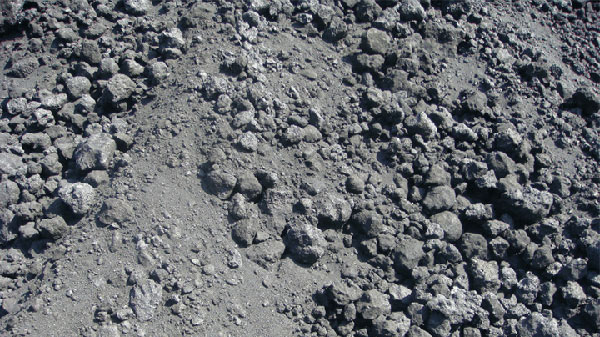
Calcined petroleum coke is a by-product of the petroleum refining process. It contains carbon and is used as carbon anodes in the Hall-Heroult aluminum smelting process. In addition, it emits more carbon dioxide (CO2) than coal. Hence, it is a valuable commodity in the global marketplace.
Calcined petroleum coke is a carbon-rich by-product of crude oil refining that is used in the production of carbon anodes for the aluminum smelting industry. This high-quality fuel is widely available and relatively inexpensive. This article provides a history of calcined petroleum coke, discusses the different calcining techniques, and explores its future applications.
Calcined petroleum coke is a dense fuel that is used in power plants, cement manufacturing, and steelmaking. It is the world's eleventh-most-traded commodity, with the United States, United Arab Emirates, and China dominating the global market.

Calcined petroleum coke is a carbon-containing solid produced during the petroleum refining process. It has a high calorific value and is a valuable energy source for a variety of businesses and sectors. The primary end-users of petroleum coke include cement kilns and power plants. It is also used to create anodes for EAFs.
Calcined petroleum coke is a solid that contains approximately 80 percent carbon. It is highly heat and chemical-stable. It is available in fuel and calcined grades. It is produced by separating the beneficial petroleum products from the crude oil.
Carbon anodes are an important part of the Hall-Heroult aluminum s melting process. Carbon is an important ingredient for the smelting process because it helps the aluminum melt at higher temperatures. The process requires a substantial amount of calcined petroleum coke, which is a cheap and abundant source of carbon.
Carbon anodes are composed of 13 to 16 wt% coal tar pitch, a material extracted from coal tar (produced when coking bituminous coal). It contains thousands of chemically-distinct compounds, of which only a few hundred have been identified. This material is liquid and can be transported by ship to an aluminum smelting plant.
Calcined petroleum coke (CPC) is the byproduct of a coal-fired power plant. This substance has a decent calorific value but is high in sulfur and volatile matter, which makes it a potential environmental risk when burned. Its gross calorific value is nearly 8000 Kcal/kg, about twice that of coal used in electricity production. CPC is commonly burned using fluidized bed combustion but more companies are switching to gasification as a more efficient method of producing this fuel.
Because petcoke is over 90% carbon, it emits significantly more CO2 than coal. This carbon content is due in part to its higher energy content. As a result, petcoke emits 30 to 80 percent more CO2 than coal per unit of weight. However, the CO2 production difference between coal and coke depends on the volatile hydrocarbons and moisture content of coal.
Calcined petroleum coke (Petcoke) is a product made from petroleum oil. It is a byproduct of oil refining. It is produced in large quantities, especially in Canada, and is used for steel making. It can also be used to produce heat or electricity. However, because of environmental concerns, combustion of Petcoke is not advisable. Some of the products of the calcination process are used as liquid fuels.
The production of GPC is largely affected by the quality of crude oil. New refineries are geared to process heavy sour crudes, which sell at a substantial discount to light sweet crudes. This trend has had an effect on GPC production, as most refineries have made investments in processing heavy sour crudes. In addition to these changes in crude oil quality, the level of trace metals and sulfur has increased. This has caused a decline in low S sponge coke production.

Write a Message